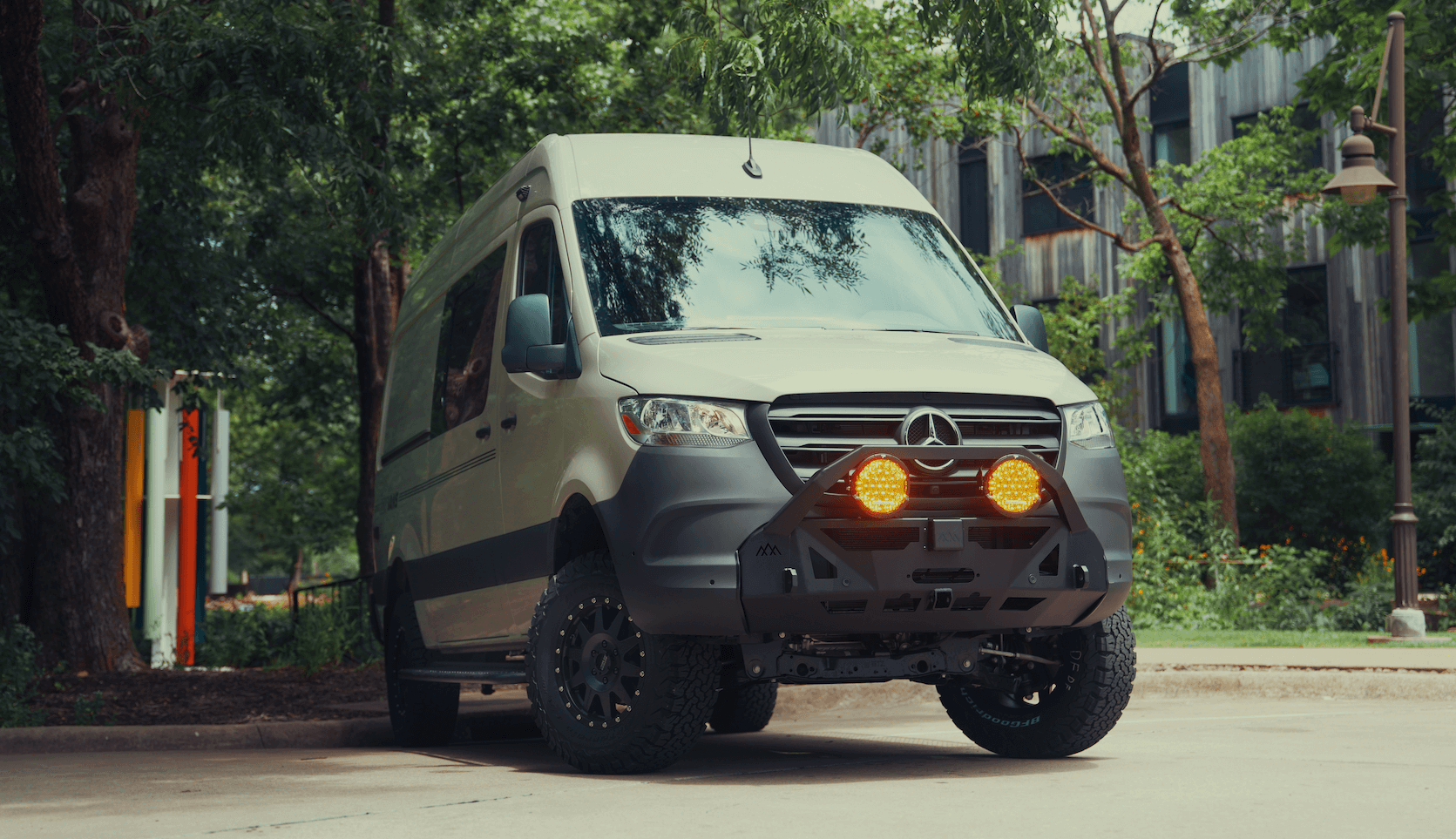Recreational Vans

Ask ten van travelers which engine is best and you will hear ten different answers. Diesel engines shine for sustained torque at low rpm, which helps heavy camper vans climb passes without constant downshifts. Turbos on modern diesels maintain power at altitude and keep the drivetrain in a relaxed rev range. Gas engines respond quickly, are quieter at idle in many models, and are typically less expensive to buy and maintain.
Fuel economy often favors diesel on larger platforms and highway miles. That advantage can narrow or reverse in city driving, short trips, and cold starts where diesels may need longer warmup. Fuel price spreads matter. A diesel that gets better MPG may not save money if diesel is priced higher where you travel. Consider your annual miles and the regions you frequent when you run the math.
Diesel torque makes a loaded van feel unbothered on grades and when merging with traffic. Gas engines can feel more lively off the line and may keep a broader powerband in light builds. If you tow a small trailer or carry bikes, boards, and water, diesel can deliver steady pull with fewer shifts. If your rig stays light and you drive mixed urban routes, gas can feel effortless.
Diesel’s typical range edge reduces fuel stops on remote routes. That said, gas stations are more common in small towns and rural areas in some regions. Both fuels are widely available along major corridors. If you chase backroads where pumps close early, range planning matters more than engine type.
Newer diesels are far quieter than older generations, but some owners still prefer the cabin tone of gas. If you rely on cabin heat during winter idle or run air conditioning at campsites, assess how often you idle and whether your climate control will be shore power or battery driven. Efficient electrical systems can reduce idling needs for either engine.
Upfront price usually favors gas. Diesel engines often cost more to purchase and can require pricier oil changes, additional fuel filtration, and diesel exhaust fluid. Over long highway distances, diesel fuel economy can offset some of that difference. For low annual miles or short trip patterns, gas can be cheaper to own.
Modern emissions systems change the equation. Diesel particulate filters and selective catalytic reduction clean tailpipe output but add complexity. Short, frequent trips can trigger more regens and may require longer drives to complete them. Gasoline engines avoid DEF and DPF components and can be forgiving for short-hop camping routines. Cold climates add another factor, as winter blends and anti gel practices matter for diesel owners.
Service networks for gas engines are broad and familiar in small towns. Diesel technicians are common along freight routes, yet appointment lead times can be longer in peak seasons. If you travel far from interstates, consider how quickly you could source parts and labor for your platform and engine.
Heavy builds benefit from diesel torque and engine braking features offered on some platforms. More torque at low rpm helps keep transmission temps in line on climbs. Gas models can still handle substantial payloads when outfitted correctly, and smart weight management paired with upgraded suspension can deliver a planted ride either way.
Match the engine to the trip, not the trend. Consider these patterns before you decide.
If you plan to carry motorcycles, kayaks, or four season gear, map real weights, not guesses. Weigh your likely water, food, and sport kits. Then compare powertrains on the same platform, factoring purchase price, resale outlook, fuel in your region, and maintenance intervals. Your best answer will be the engine that makes your specific routes feel easy and predictable.
OZK Customs builds camper vans around real use, not guesses. We size electrical systems so you can heat or cool without idling, tune suspension for your true payload, and help you choose the platform that fits your terrain and distance goals. Explore our recreational vans to see how a thoughtful layout and balanced weight can make either engine shine. Ready to tailor a platform from the frame up? Start here with custom build your van. Looking for a platform that can finance more easily? Browse our finance friendly vans to align budget, engine, and features.
Tell us how you travel, where you drive, and what you carry. We will spec the right engine, power system, and suspension so the van feels effortless on day one. Fill out the form and let OZK Customs turn your plan into a road ready build.
Ready to pick the right powertrain for your build? Our team designs camper vans around real travel patterns, weight, and terrain so you get the right engine, the first time. Tell us how you camp, where you drive, and what you carry. We will map your needs to a custom or partial upfit, price it clearly, and schedule your build. Start your spec now and let OZK Customs dial in the details.
ADDRESS:
6159 E Huntsville Rd, Fayetteville, AR 72701
PHONE:
(479) 326-9200
EMAIL:
info@ozkvans.com